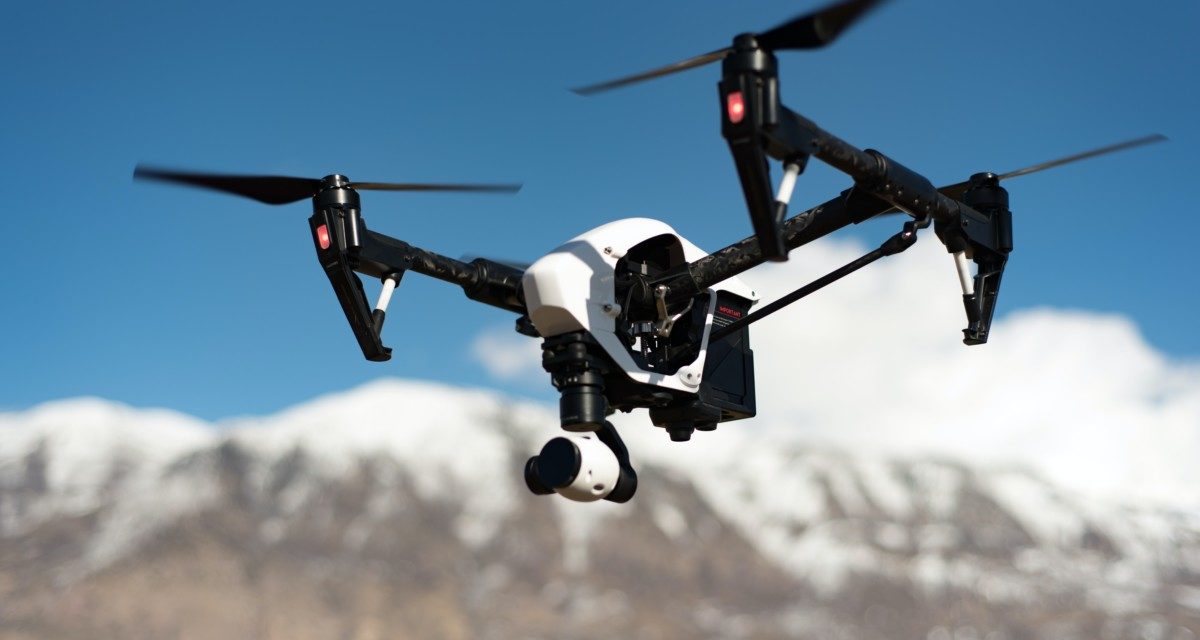[ad_1]
There is a move to replace human divers used for inspection, damage assessment, protection, terrorist surveillance, oceanography, underwater geology, sunken ship treasures, energy infrastructure installation, and military needs. The robotic age is here and it has been found that it is much cheaper often to send in the robotics, not to mention safer. Things like underwater welding have in the past been considered the most dangerous jobs in the world, but what about the easier ship hull inspection jobs?
Should underwater robots accomplish those tasks also? Let's talk. You see as a pilot, I realize how important it is to do a pre-flight inspection, as once you are up in the air, you can't just pull over when something goes wrong – same reality at sea in the middle of an ocean on a ship right?
Ship hull divers and pilots are extremely experienced and they know what to look for when inspecting expensive equipment which must work properly. Failure is often “not an option” and so, how can we legitimately trust such preflight inspections and ship hull inspections to robotic hardware that just doesn't, as of yet, have the same abilities? Ah, so now that I've piqued your curiosity let's continue.
Now then, what if we might take the ship hull inspection diver's light or video camera and track where the diver points the device as he inspects the surface and components upon the hull? What if we did the same thing for airline pilots, military pilots, and aircraft mechanics?
There is an interesting book you might read “Inspection Fundamentals” which is put out by the FAA, specifically chapter 8 which has lists of things that need inspecting prior to preflight, and things which need routine inspection to ensure a safe aircraft. Perhaps we need to train unmanned robotic ground systems to do this on the flight-line, in docking bays, or in hangars for Unmanned Aircraft prior to operation?
Can we develop algorithms and artificial intelligence to mimic and learn from human habits and eye-tracking when it comes to inspection divers surveying ship hulls or pilots doing pre-flight inspections? I believe so. Right now, divers and pilots do not want to be replaced by stupid robotic systems, but those systems will not be nearly as stupid once we train them to follow the human training in this case.
After all, humans are stupid too, until they learn what to do. So, maybe it's time to consider this new strategy to get those robots on board with how we do things, then let them do all this monotonous and/or dangerous stuff for us – isn't that why we've developed these tools in the first place? Please consider all this and think on it.
[ad_2]
Source by Lance Winslow

